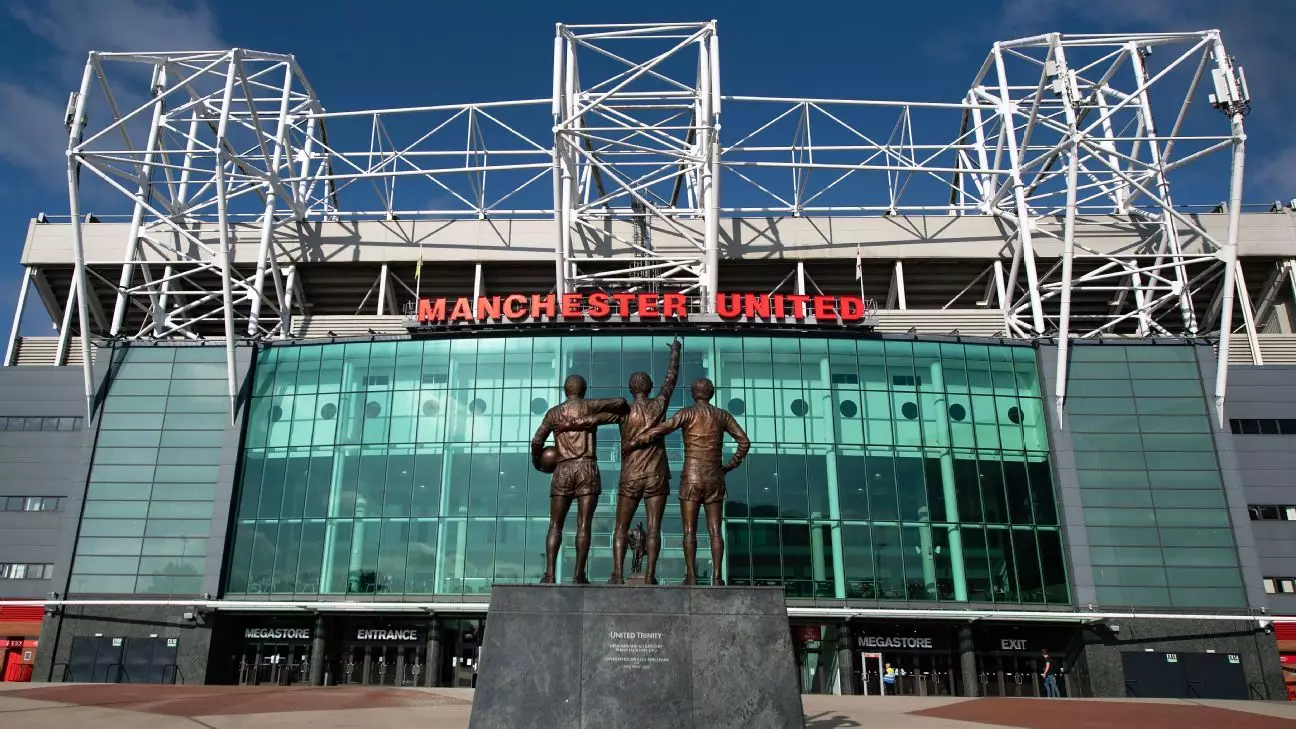The much-beloved Manchester United Football Club is facing troubling times marked by financial difficulties and management upheaval. The dismissal of manager Erik ten Hag, resulting in a staggering compensation bill, highlights not only the precarious condition of the club but also raises questions about its future. As the team grapples with substantial financial losses and the potential for missing out on lucrative European competition, the implications stretch far and wide. This article explores the various factors contributing to Manchester United’s current fiscal challenges and examines the potential paths forward for the iconic club.
The shock dismissal of Erik ten Hag four months after he was awarded a contract extension has not just been a matter of coaching tactics but has also led to significant financial repercussions. Manchester United confirmed they had to pay £14.5 million ($18.2 million) in compensation to Ten Hag, his coaching staff, and former sporting director Dan Ashworth. This expense, categorized under ‘Exceptional Items’ in financial disclosures, serves as a vital indicator of how managerial instability can undermine the club’s financial health.
Moreover, the departure of Ashworth, who left after just five months in his role, further emphasizes the ongoing instability in the club’s hierarchy. His exit followed a costly legal settlement with Newcastle, illustrating the financial webs that management decisions can weave. The longer-term implication of such abrupt managerial changes casts a shadow over strategic planning and recruitment, exacerbating the club’s already fragile financial status.
A staggering £44.8 million decline in broadcasting revenue over the past year highlights the club’s struggles. The transition from Champions League to Europa League participation has severely impacted the club’s income, reflecting the broader context in which Manchester United finds itself. Competing in the less lucrative Europa League not only diminishes potential earnings but also threatens the club’s prestige and marketability.
The financial records released to stakeholders and investors in New York have simply painted a bleak picture for Manchester United. While revenues from commercial ventures grew slightly due to a new sponsorship deal, this gain is dwarfed by the massive drop in broadcasting income. Consequently, such figures prompt urgent questions about the club’s long-term strategies and the financial ramifications of failing to secure a higher league finish.
Adding further complexity to Manchester United’s financial strife is the substantial rise in net finance costs, now standing at £37.6 million. This daunting figure is attributed to adverse currency fluctuations that have impacted the club’s unhedged international borrowings. For a club already burdened with crippling debt, these rising costs can create a vicious cycle that undermines investment in player development and training facilities.
In response to the dire financial situation, the club has implemented cost-cutting measures leading to over 200 redundancies since the minority investment from Sir Jim Ratcliffe’s INEOS group. These actions speak to an urgent need for restructuring, yet they also reflect a deeper issue of mismanagement and reactive governance rather than proactive measures to safeguard the club’s future.
Amid this turmoil, the Manchester United Supporters Trust (MUST) has passionately voiced its concerns regarding the club’s management decisions. Following the proposed increase in ticket prices, which could yield only £2 million in additional revenue, MUST argues that fans should not be penalized for the club’s long-standing financial mismanagement. The fans’ sentiments reveal a crucial part of the equation: the community’s loyalty is at stake, and disenfranchising supporters often leads to long-term repercussions in both financial and reputational terms.
To steer the club onto a more stable path, comprehensive reforms across management, finance, and community engagement must be prioritized. Transparent communication with fans, responsible financial strategies focused on sustainability, and a commitment to fostering talent on and off the pitch can help revitalize the storied club.
Manchester United finds itself at a critical juncture, facing immense financial challenges and management instability that affect its brand and long-term viability. The club must introspectively evaluate its operations and strategically plan for a future that resonates not just with profitability but also with its cherished fan base. With proper reform and a renewed focus on transparent governance, Manchester United can regain its stature within football while also securing a brighter financial future.
